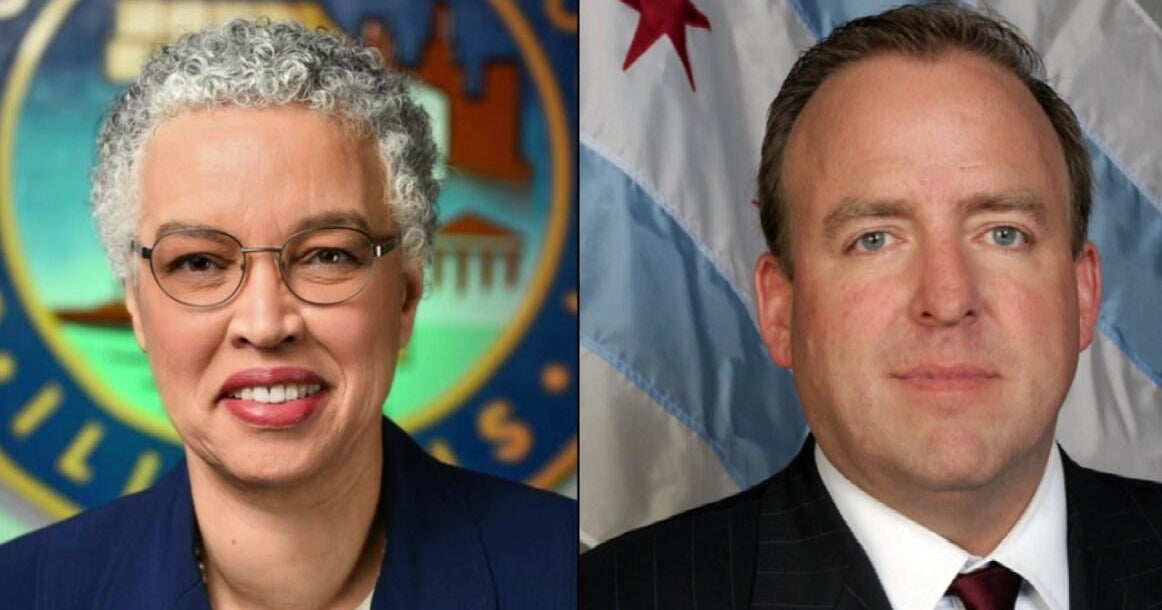Tech Giants Face Congress About Russian Interference In 2016 Election
PHILADELPHIA (CBS) -- It's been almost a year since the 2016 election, now some of the world's largest tech sites are testifying about Russia's suspected influence. There could be legislative changes in store.
The House and Senate committees are questioning executives from Facebook, Twitter, and Google about whether they knowingly allowed Russian operatives to use their platforms to interfere in the 2016 election.
"I think the number of people who saw those ads and the number of times those ads were served up to voters did have some impact, yes. They were delivering info that was either inaccurate or designed to mislead or create divisions in the electorate that was to some extent successful." said political advisor Mark Nevins.
Pennsylvania Begins Signing Up Medical Marijuana Patients
"Social media companies were probably naive when it came to political advertising," Nevins said. "I think they were probably using the same logic they use to sell sneakers and sunglasses. The fact is there is a lot more at stake and there's a lot more trust and a lot more transparency required when it comes to political ads."
Facebook and Twitter have already begun to tweak their rules around political ads to become more transparent. A move advertising expert Annie Heckenberger calls a great first step.
"It's something that absolutely has to happen. I would say there is a definite need for transparency and that may help initially," she said. "Is it a fix overall of the whole issue at hand? Probably not, but it's a great first step."
Police: Girl Discovers 2-Inch Needle Inside Halloween Candy
But regulation isn't a complete fix.
"There will always be some type of loophole," Heckenberger said. "Ultimately, a lot of the responsibility is going to come down to the people who are browsing and looking towards more trusted sources and credible sources."
The Russian government has denied any attempts to meddle in the election.







